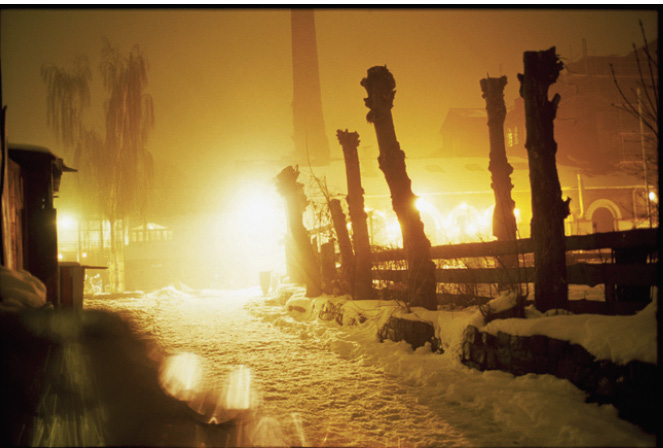The concentric boulevards and tidy row houses of downtown Copenhagen instill an overwhelming sense of order in Denmark’s capital city. There are no beggars lurking in alleyways or vendors hawking trinkets on the sidewalk. At night, blaze-orange street cleaners buff cobblestones to a dull sheen while workers blast graffiti off walls with an environmentally friendly jet of pressurized ice crystals. The effect is so striking that on a spring morning with the sun reflecting off the spires of Tivoli Gardens, Copenhagen appears more like a fairy-tale kingdom than the largest metropolis in Scandinavia.
So it was with some surprise that Danes turned on their television sets on May 14, 2007, to see fires burning in their capital’s streets and gangs of police officers beating their countrymen with billy clubs. The worst of the fighting flared up along Prinsessegade Road in the Christianshavn neighborhood. A column of black transport vans filed into the street as residents hurled Molotov cocktails, rocks, and fireworks at police. Officers retaliated with batons and tear gas, and by that afternoon, the seventeenth-century streets had disappeared under a thick cloud of smoke.
The site was an ironic flashpoint for violence. Prinsessegade Road marks the northern border of a pacifist commune that has existed in Christianshavn since 1971. That year, a group of squatters overtook an abandoned army base east of Prinsessegade, barricaded the roads, outlawed cars and guns, and created a self-ruling micro-nation in the heart of Copenhagen. They called the eighty-five-acre district Christiania Free Town, drew up a constitution, printed their own currency, banished property ownership, legalized marijuana, and essentially seceded from Denmark. The traditionally liberal Danish government allowed the settlement at first, dubbing Christiania a “social experiment.” Then it spent the next three decades trying to reclaim the area. Thirty-nine years and a dozen eviction notices later, the nine hundred residents of Free Town represent one of the longest-lasting social experiments in modern history.
*
At the turn of the millennium, Denmark, the first country in the world to legalize pornography and gay marriage, suffered the same wave of Bush-inspired conservatism that swept through much of Europe. (The Danes sent a submarine to support Operation Iraqi Freedom.) In 2001, the Folketing—Danish Parliament—landed in the hands of a conservative coalition for only the second time in eighty-five years. The coalition (headed by Prime Minister Anders Fogh Rasmussen) and its austere policies on immigration were viewed by voters as necessary correctives to a lenient program that had led to an overburdened welfare system. On the heels of the controversial Muhammad cartoon incident, Rasmussen’s government gained...
You have reached your article limit
Sign up for a digital subscription and continue reading all new issues, plus our entire archives, for just $1.50/month.
Already a subscriber? Sign in





